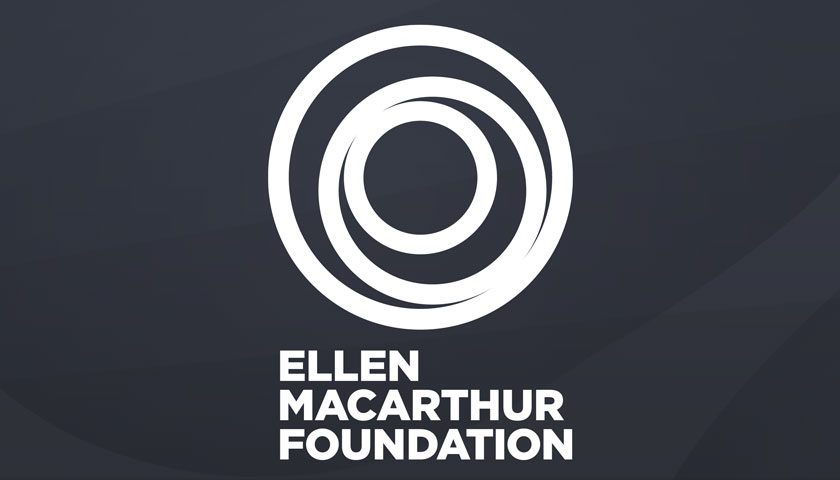The IKEA Foundation is supporting, with a grant of £4.5 million over three years, four key University of Oxford Sustainable Finance Group projects, aimed at making a significant contribution to aligning finance and the financial system with the goals of the Paris Agreement.
To ensure finance flows into sustainable projects and industries – and deliver on the Paris goal of keeping global temperature rises to 1.5°C – financial institutions need to understand the risks and impacts of their investments and the implications for the bottom line.
Dr Ben Caldecott, director of the Oxford Sustainable Finance Group, insists action is urgently needed. He says, ‘We need to transform financial decision-making so that the capital and financial services needed to deliver global net zero by 2050 are actually provided. We have very little time left and that’s why we’re working on what we think could be transformative interventions.’
Liz McKeon, IKEA Foundation’s head of climate action, says, ‘We have less than 10 years to reduce greenhouse gas emissions and temperature growth to 1.5°C and we cannot make it without interventions from and change within the finance sector.’
The funding will allow the Group to undertake four major projects which, combined, will help unlock non-linear change:
- The Spatial Finance Initiative: Poor data availability and quality makes it difficult for the financial sector to measure and manage climate and environmental risks and externalities. SFI will publish consistent, comprehensive and accurate asset-level data for the most polluting sectors. This will make climate and environmental factors facing assets, companies and portfolios completely transparent.
- The Public and Third Sector Academy for Sustainable Finance: Public sector and civil society organisations lack expertise and capacity in sustainable finance, which prevents them from designing effective policies, regulations and campaigns. The Academy will give governments, regulators, central banks, charities and philanthropy the knowledge, networks and skills to shift tens of trillions of dollars of capital away from unsustainable activities to those aligned with the Paris Agreement.
- Energy Transition Risk and Cost of Capital Project: To support the transition to net zero, the cost of capital for clean investments must come down while the cost of capital for polluting investments must increase. This project will track changes in the cost of capital for polluting companies and the factors which influence these changes. Its insights will inform policies, regulations and campaigns that could transform the energy sector.
- The Future of Engagement Project: While financial institutions are using engagement to attempt to deliver climate action, current strategies are not achieving the scale and pace of change needed. This project will develop, pilot and scale new and more impactful forms of financial institution engagement and stewardship.
‘We need the private and corporate sectors, civil society, and government officials to recognise and rise to the challenge of the climate crisis. And we also need academic institutions, like the University of Oxford, to provide the north star – the compass, so that we’re getting the best information possible to ensure our actions benefit people and the planet,’ states Liz McKeon.
Dr Caldecott concludes, ‘This partnership and funding will enable us significantly to scale-up our world leading research and teaching. This is about going after the big wins, not slight improvements and incremental change.’


